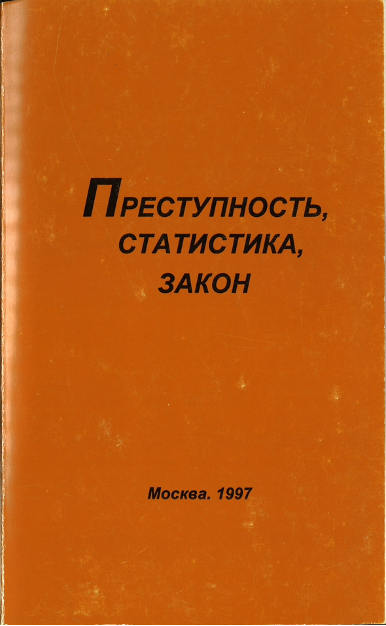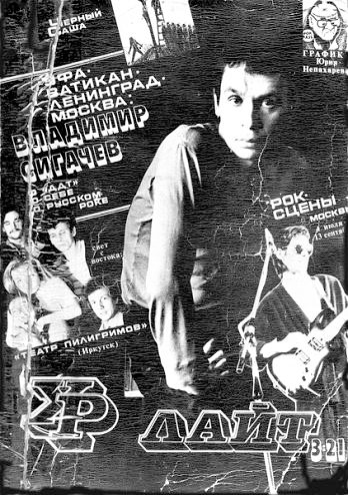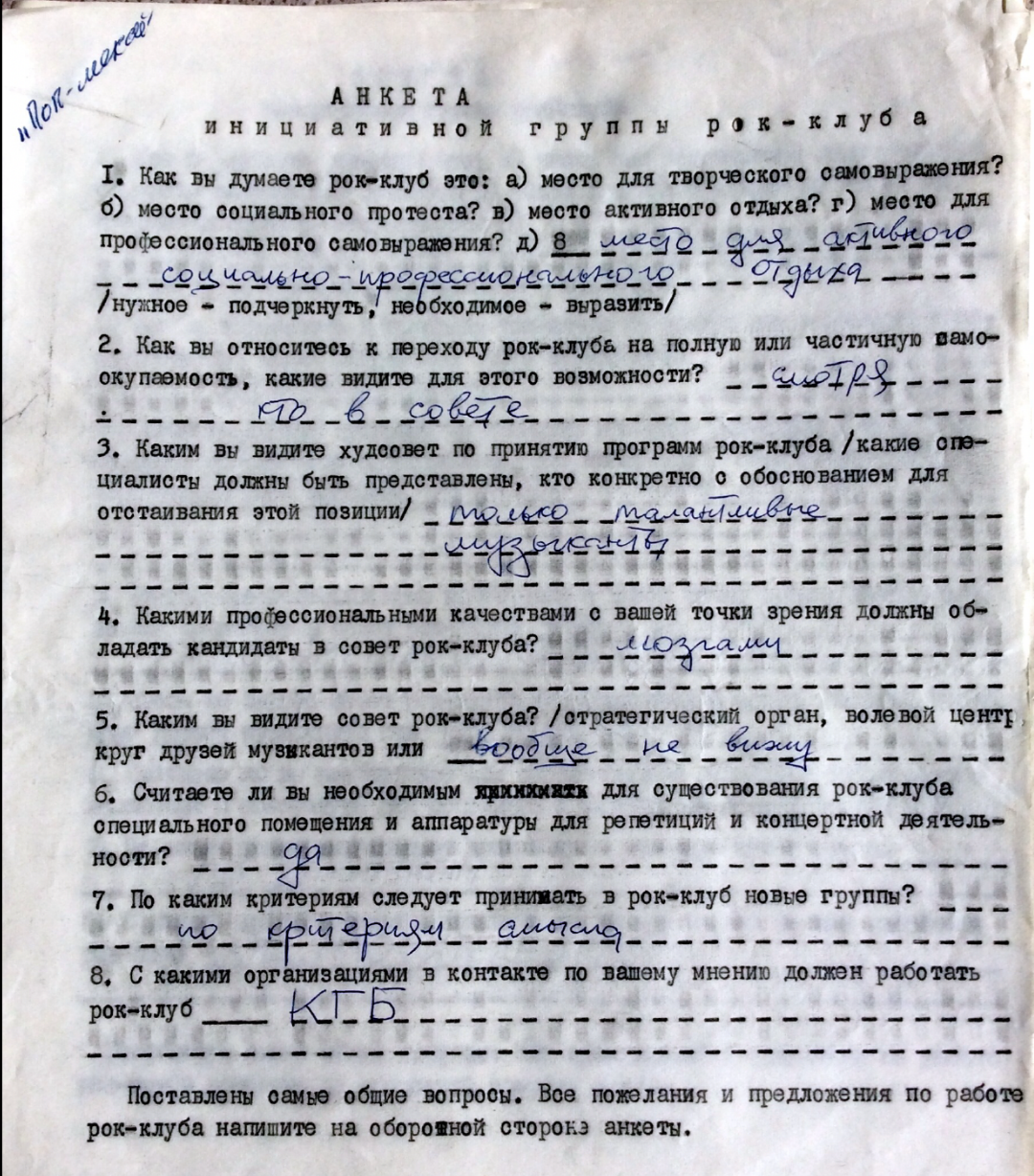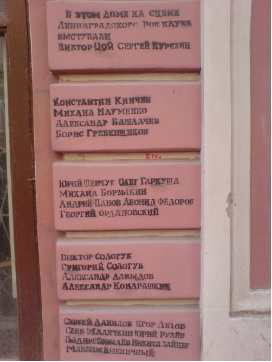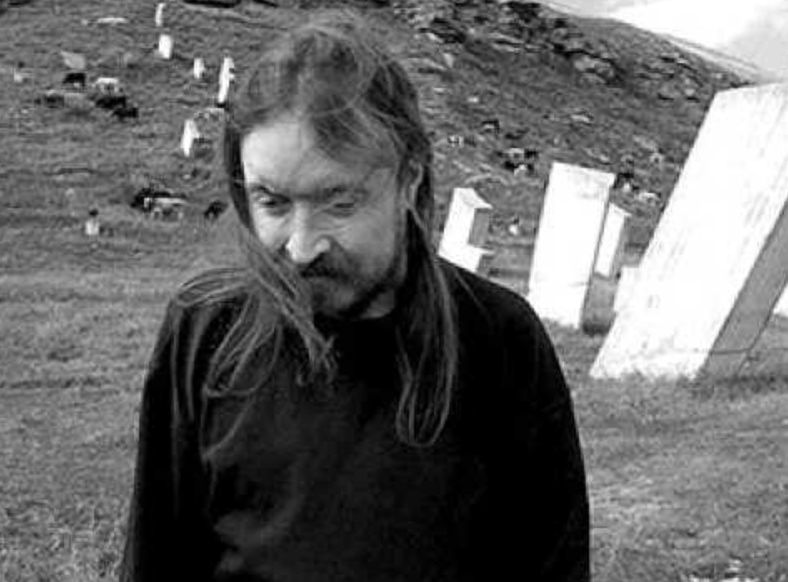Explore: Year » 1985
Russian Crime Statistics, 1980-1996
Nothing epitomized the everyday experience of the urban Russian 1990s like crime. As this first comprehensive statistical study of the 1990s demonstrates, crime was just as bad as everyone had anecdotally experienced. The numbers also reveal some unexpected trends.
Urlait Music Journal (Samizdat) 1985-1992 (Draft)
Moscow's samizdat music journal, which followed in the footsteps of Lenigrad's Roksi while forging a new journalistic style. The journal positioned itself to in many ways reject the Leningrad scene. Despite Moscow-based bands generally leaning towards a more avant-garde, art-rock aesthetic, Urlait made a point to promote so-called "national rock." According to Urlait's founder I. Smirnov, bands like DDT, DK, and Oblachnyi Krai (Yuri Loza) were said to be "oriented towards national problems, in opposition to estrada and the confluence of Western and domestic cultural traditions."
View Artifact
An “initiative group survey” from the Leningrad Rock Club
This official “initiative group survey” from the Leningrad Rock Club was completed by Sergei Kuryokhin (1954-1996) of the band Pop Mekhanika sometime in the 1980s.
Leningrad Rock Club at 13 Rubinshteyna Street, Leningrad/ St Petersburg.
This St. Petersburg graffiti wall, which commemorated the Leningrad Rock Club, survived for two decades until its 2010 erasure by the building’s new owners.
The World Made of Plastic Has Won
Yegor Letov (1964-2008) performs his song “Moia oborona” (My defense), during his “concert in the hero city Leningrad,” part of Grazhdanskaia oborona’s 1994 tour Russkii proryv (Russian breakthrough).
